‘It would appear that male pattern baldness has set in. His hair, at an alarming pace, running away from his face. He’s losing his virility, and now his masculinity has been compromised and his libido down-sized. Not for me, heaven forbid, it’s not for me you understand. Bald, slap headed and hairless. Bald he is destined to be. Bald, well tonight thank God it’s him instead of me. From what I have been reading, his scalp needs kneading to stimulate each follicle, and reverse this diabolical condition that’s afflicted him for years and has cruelly repulsed each potential mate.’ (The Darkness)
I remember it personally, vividly, late teens, leaning into a mirror in the men’s room and noticing, with unnerving anxiety, that my hair was starting to go thin. In those days I always carried a black, plastic comb in my back pocket so I tried, carefully, to comb my hair into place to hide the thinning parts from others, and from myself, before heading back to join my workmates. As time moved on, I began to notice and feel, with a painful wince inside, every comment about ‘baldness’, secretly fearful that, at any moment, someone would direct everyone’s attention, their joking distain, at me.
I learned to brace myself for how to react. The manly thing was to laugh it off, to join in the joke as if hair loss was inherently funny; knowing that to feel otherwise would be perceived as wimpish and over-sensitive. To make matters worse, a story ran in my family since childhood that my uncle, who similarly lost his hair at an early age, did so ‘because he joined the army and had to wear a hat all the time’. It was seen as a pitiful thing, almost shameful as if his actions had caused it, and he now had to live with this embarrassing defect. It became his main and defining characteristic. ‘He’s bald.’
The years went by and, as I steadily lost more hair, I also lost count of the number of jokes that were directed at me, including by my family, friends and colleagues. I felt hurt and astonished that no-one appeared to have imagined, or cared enough to consider, how that might feel. I gave up trying to hide and started to shave my head instead. It somehow felt empowering, taking what little control I could in an attempt to feel more confident and less humiliated. That, however, now invited its own round of comments: ‘I liked it better when you had long hair.’ ‘You look like you have cancer.’
Fast forward, and relentless jokes about how unfortunate a woman is to end up with a man who has lost his hair. A psychotherapist colleague, speaking at a conference, singled me out to mock my now bald head as a case in point. I asked her, afterwards, how she imagined I might have felt and she looked surprised. ‘I was only joking!’ I asked how she might have felt if I had singled her out with a joke about her female anatomy. Silence. Only my sister offered a word of encouragement: ‘I find men with shaved heads attractive.’ It was an act of empathy and kindness. I wanted to hug her.
Few men admit to feeling anxieties about hair loss because it’s socially perceived as so un-masculine to do so. Those who are brave enough to speak often share what I’ve described here. It’s a simple yet powerful illustration of cultural influence on what and how people and groups think, feel and behave: who or what in any specific context is considered to be e.g. normal or abnormal; acceptable or unacceptable; attractive or unattractive; OK to make jokes about, or not; OK to feel, or not. It can leave some men trapped in how they are feeling because they can’t find any way to talk about it.
If you find yourself in that place, here are some insights that you may find helpful. 1. Although men’s true feelings about losing their hair are often shrouded in silence or masked behind machismo behaviour, you are not alone. 2. In spite of jokes and comments that sometimes feel deeply personal and painful, most people are less focused on your hair loss than you are, and see other parts of your appearance, personality or character as more interesting or important. 3. Some women genuinely do find men with shaved heads attractive, so don’t despair if you haven’t yet found that right person!
Nick Wright is a psychological coach, trainer and consultant.
